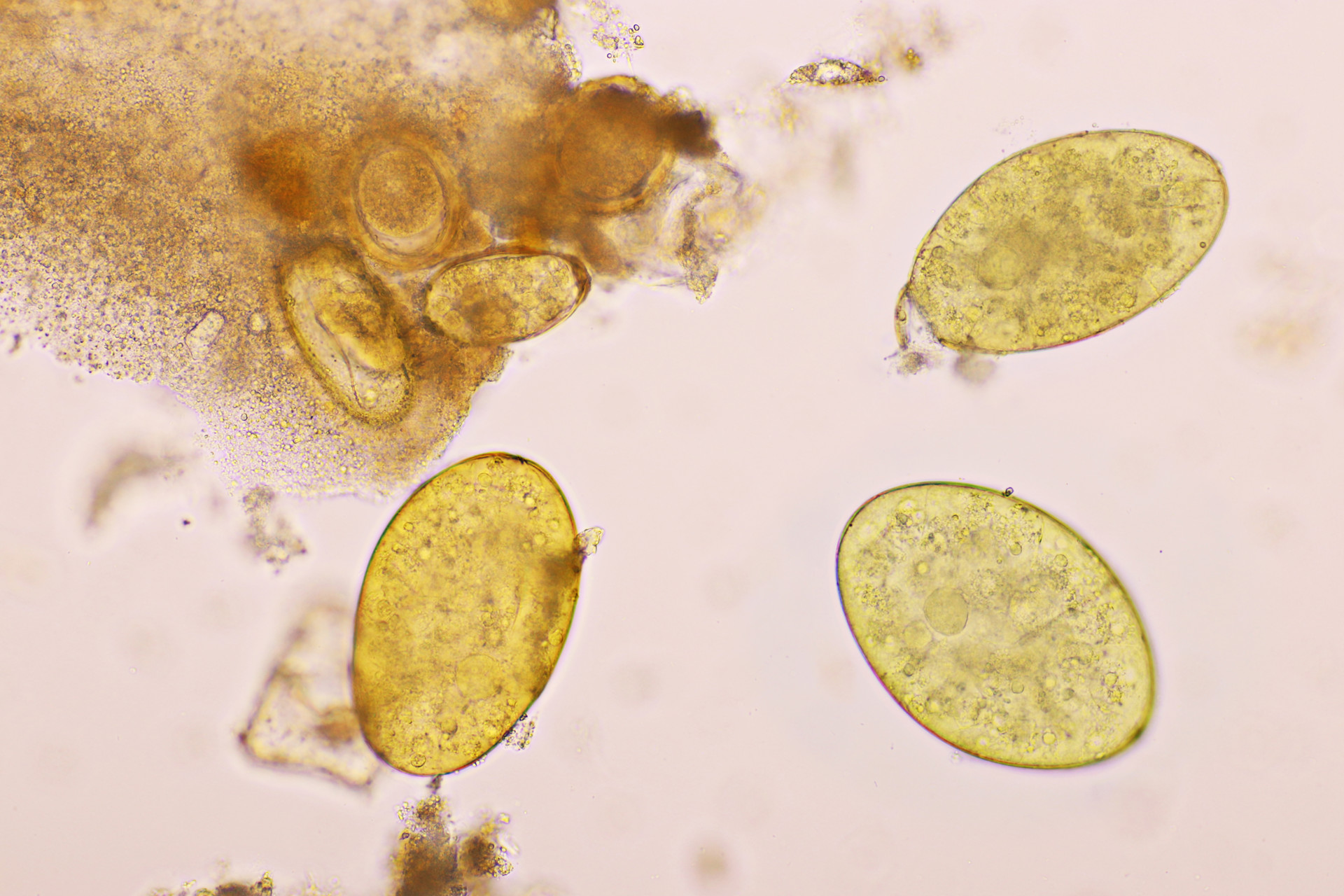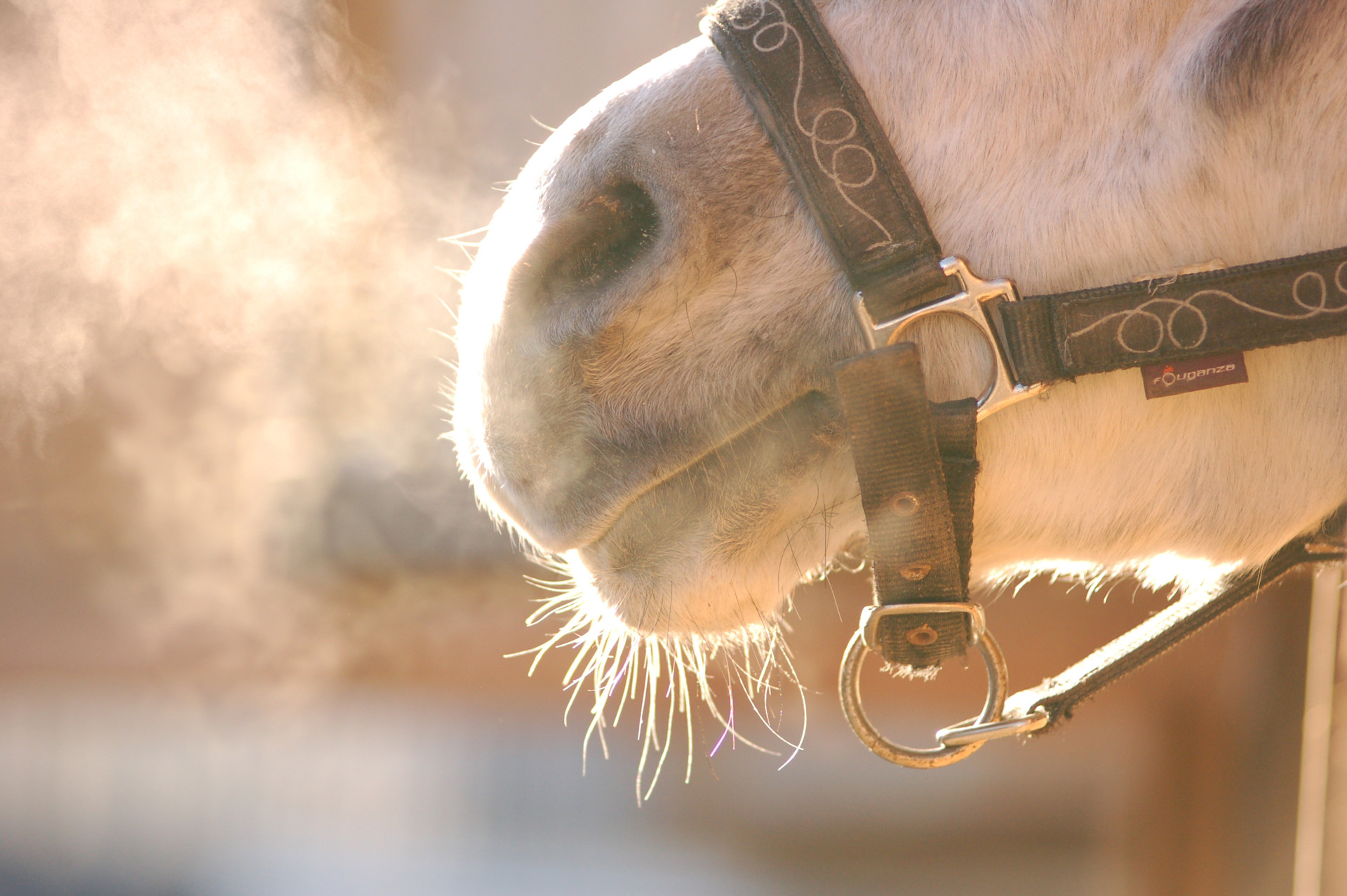
Worming
A new approach
The approach to worming horses has changed in recent years due to increasing resistance to the wormers we have available and a growing awareness of the impact wormers have on the environment.We now use a targeted approach to worming which combines testing, to identify the worm burden in individual horses, along with an assessment of risk based on age, environment and management.
We can offer unlimited worming advice from the people who know your horses. Our vets or qualified RAMA's are happy to help.
Testing
It is important that we use worm egg counts throughout the summer months to enable us to identify and worm horses ONLY when necessary.Worm egg counts are generally not indicated throughout the winter months unless specifically advised by your vet.
Routine use of wormers has led to the development of resistance to the drugs used. This means that the effectiveness of these drugs has reduced. It is therefore important for the future health of our equine population that we protect the drugs that we have available to us, maintaining their effectiveness.
Diagnostic tests available for worms are:
- Faecal worm egg count – March – September – every 8 weeks
- Tapeworm saliva test – Spring – Autumn – every 6 months
- Encysted small redworm blood test – Winter - Annually
Ideally, a diagnosis of parasite infection should be confirmed before wormer treatments are given. This ensures that only those horses that need worming are treated. The exceptions to this approach are foals and youngsters. Please call us for further advice.


How can I reduce the need for worming?
Minimise stocking density
- Especially younger horses (lower immunity and shed higher levels of eggs)
Remove faeces from pasture
- At least twice a week, especially if wet and >10°C
- Harrowing – no longer widely advised, spreads parasites over larger area
- Dung heaps separate from grazing areas and/or fenced off (at least 10 meters)
- Prevent rough areas of pasture where horses repeatedly defecate
Dose and move off pasture for 3 days
Rest and rotate pasture
- Especially on stud farms
- BUT be aware that parasites can overwinter on pasture – would need to rest for at least 12 months for pasture to be clear
Maintain consistent horse populations
Use WEC’s to identify problem animals and groups
- Every 8 weeks during the grazing season (Mar-Sep) so approx 3 WECS’s in total
- Ideally, test all horses in the same group, at the same time
- WEC’s of less value in winter – horses stabled, less egg shedding
- Worm based on the results of WEC’s and advice given by your vet or RAMA. This will include advice on testing and/or treating for tapeworm and encysted lavae during the autumn winter months
Quarantine new arrivals
- Test / treat with wormer, as directed by your vet
- Quarantine for a minimum of 3 days after worming
- Dispose of faeces, rather than spreading on the property
Worm egg count package
We have a simple way to manage your horses annual worming requirements, following best practice by reducing the risk of drug resistance in our equine population.Only worm when necessary and not as routine.
- Unlimited worming advice from the people who know your horses.
- Convenient and easy to follow.
Pay a one off fee and receive a worm egg count package containing all you will need for the coming year. Click the link below for more information.
To join our plan please call the office on 0808 168 5580 or 01254 888 600
